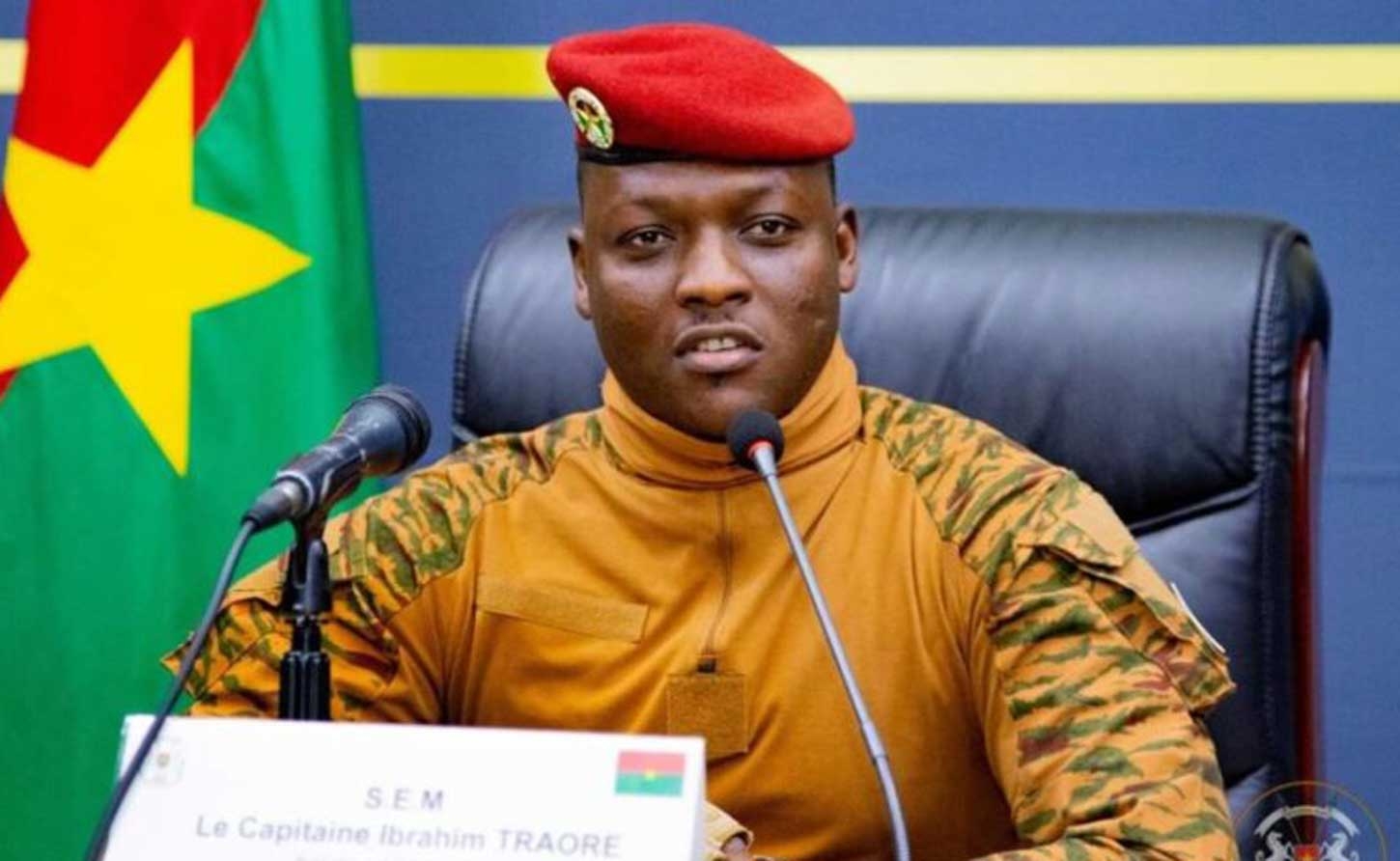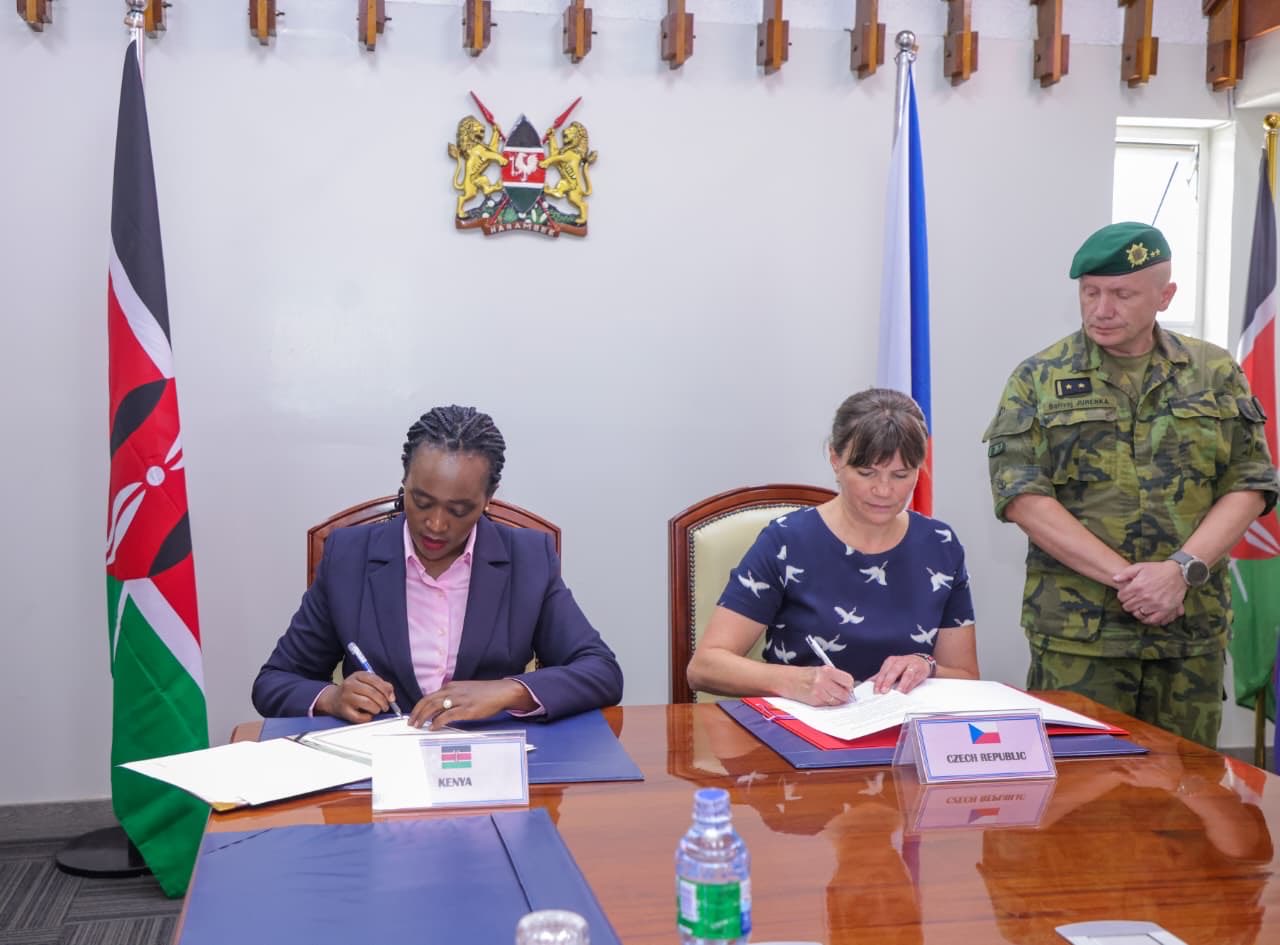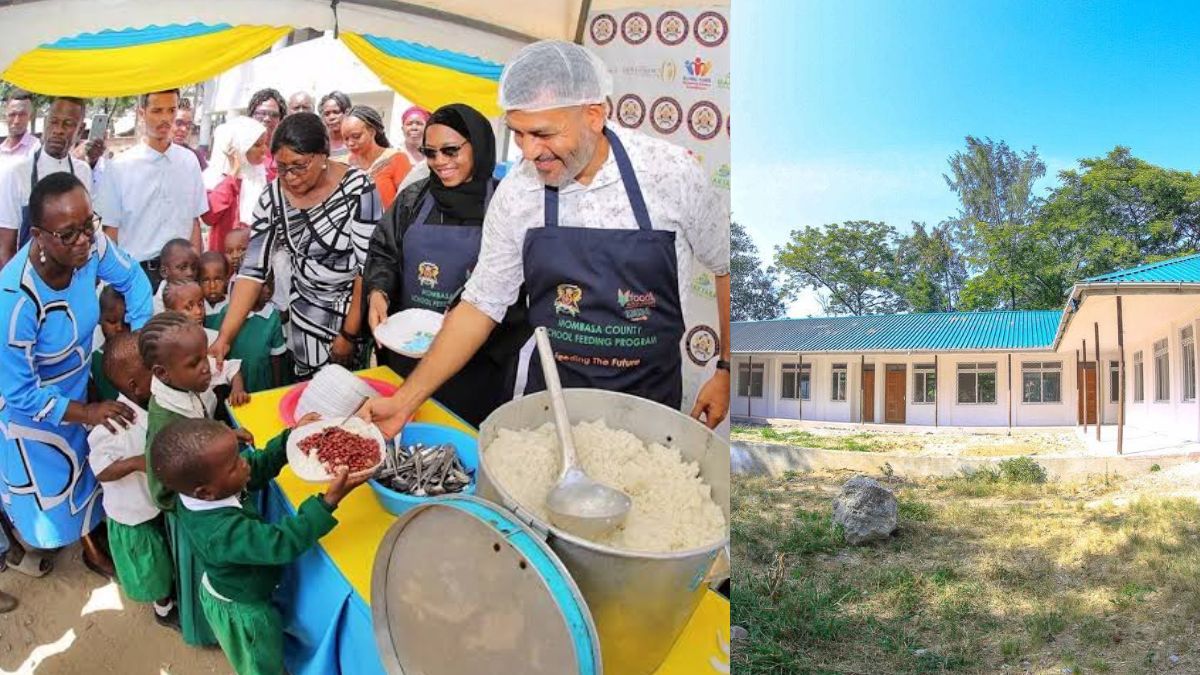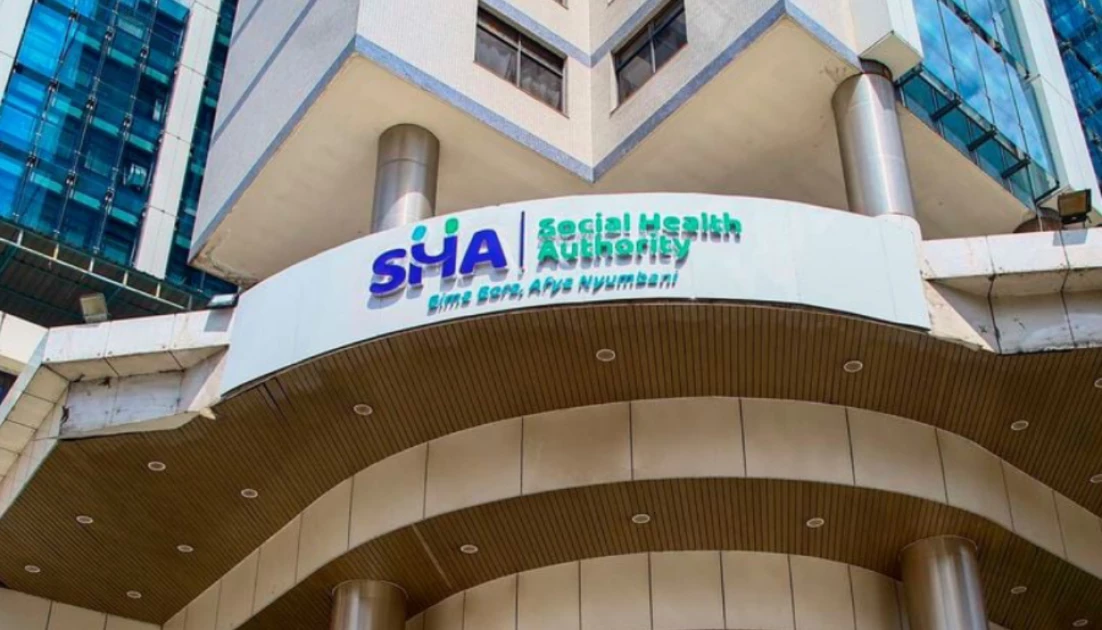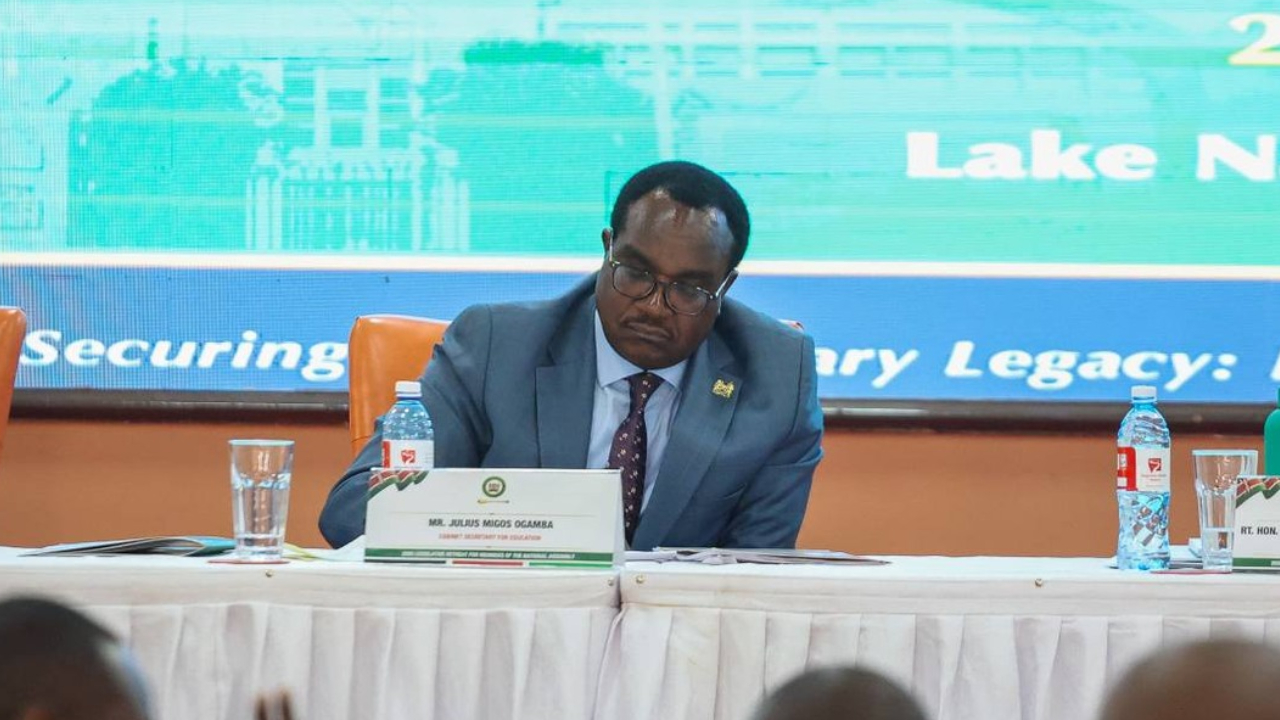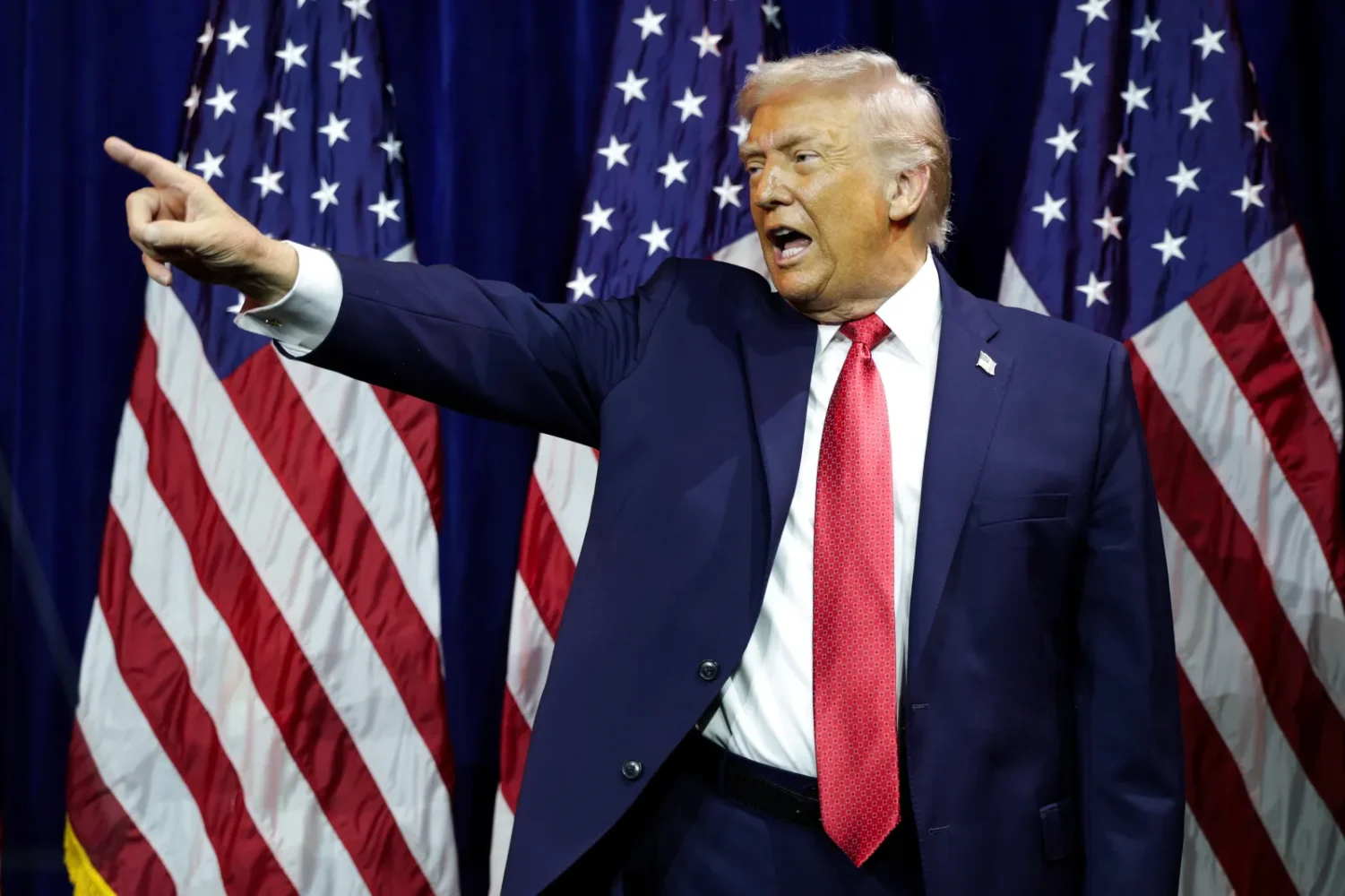Burkina Faso has announced the elimination of visa fees for all African nationals, a move it says is designed to strengthen people-to-people ties, boost trade, and advance Pan-African integration.
Security Minister Mahamadou Sana confirmed the decision on Thursday after a cabinet meeting chaired by the country’s military leader, Captain Ibrahim Traoré.
“From now on, any citizen from an African country wishing to go to Burkina Faso will not pay any amount to cover visa fees,” Sana declared.
He explained, however, that visitors will still be required to complete an online visa application, which must be approved before entry.
The West African state now joins countries such as Ghana, Rwanda, and Kenya in easing entry requirements for African citizens.
Until now, nationals from Economic Community of West African States (ECOWAS) countries could travel freely to Burkina Faso, but this arrangement faces uncertainty following the country’s recent withdrawal from the bloc, along with Mali and Niger.
Since seizing power in 2022, Capt. Traoré has projected himself as a champion of Pan-Africanism, gaining admiration across the continent for his fiery rhetoric and social media presence.
His supporters hail him as a revolutionary voice against colonial legacies and Western influence.
Critics, however, accuse him of ruling with an authoritarian hand, stifling dissent, and failing to contain the Islamist insurgency that still grips large parts of the country, where jihadist groups control roughly 40% of the territory.
Despite the dire security situation, the Burkinabè leadership argues that removing visa fees will encourage tourism, showcase local culture, and enhance the country’s international profile.
The government framed the initiative as part of its broader Pan-Africanist vision.
The African Union has long advocated for freer intra-African movement. In recent years, several states have introduced visa-free or simplified entry regimes for Africans, with Ghana, Kenya, and Rwanda leading the way.
Burkina Faso’s decision marks the latest step in this continental shift towards greater mobility and integration.


